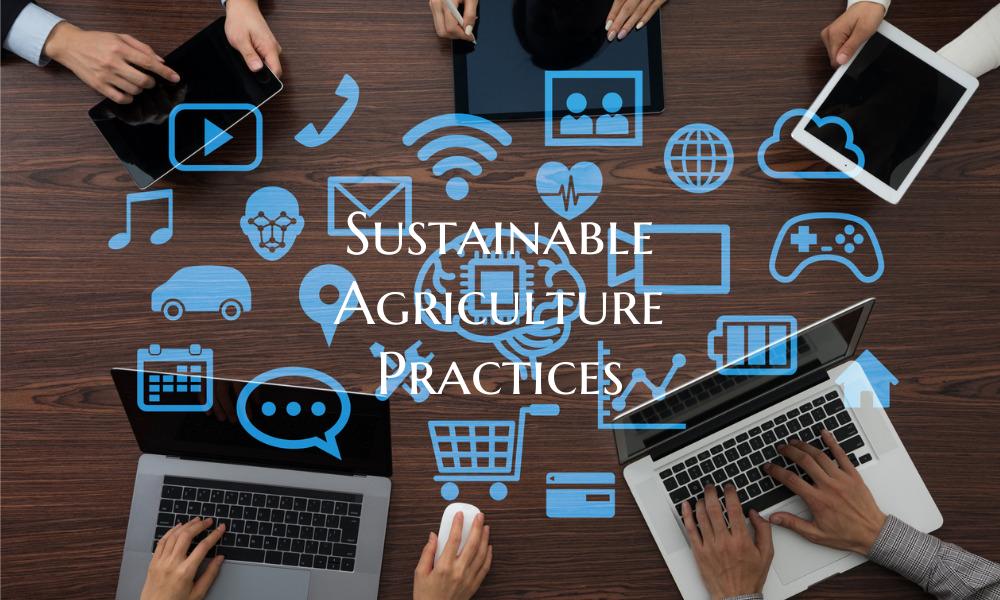Sustainable Agriculture Practices
Sustainable agriculture practices are methods and techniques that aim to maintain the long-term health of agricultural ecosystems while also ensuring the economic viability of farming operations. By utilizing sustainable practices, farmers can minimize the negative impact on the environment, conserve natural resources, and promote ecological balance.
One key component of sustainable agriculture is soil health management. This involves practices such as crop rotation, cover cropping, and minimal tillage, which help to improve soil structure, fertility, and water retention. Healthy soils are vital for sustainable farming as they support plant growth, sequester carbon, and reduce the risk of erosion.
Another important aspect of sustainable agriculture is water management. Farmers can implement practices such as drip irrigation, rainwater harvesting, and water-efficient crop selection to reduce water usage and minimize water pollution. By conserving water resources, farmers can ensure the availability of water for future generations and protect aquatic ecosystems.
In addition to soil and water management, sustainable agriculture practices also focus on biodiversity conservation. Farmers can enhance biodiversity on their farms by preserving natural habitats, planting hedgerows, and using integrated pest management techniques to control pests without the need for harmful chemicals. Biodiversity is essential for a resilient and healthy agricultural ecosystem as it promotes natural pest control, pollination, and soil fertility.
Furthermore, sustainable agriculture promotes the use of organic and agroecological farming methods. These methods prioritize the use of natural inputs, such as compost, crop residues, and animal manure, to maintain soil fertility and health. By avoiding synthetic fertilizers and pesticides, farmers can reduce their impact on the environment and produce food that is free from harmful residues.
Overall, sustainable agriculture practices are essential for building a more resilient, productive, and environmentally friendly agricultural system. By adopting these practices, farmers can meet the growing demand for food while safeguarding the health of the planet for future generations.

